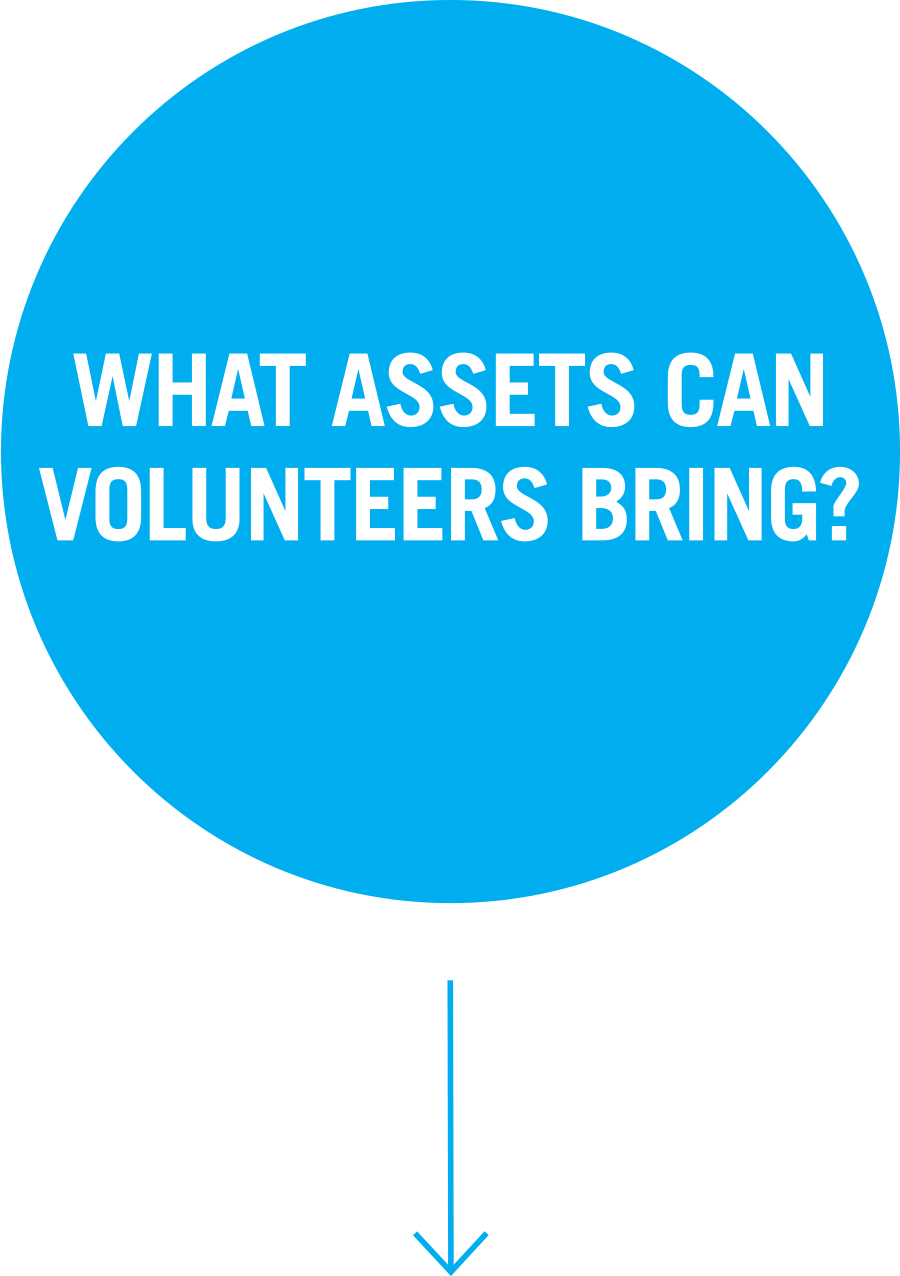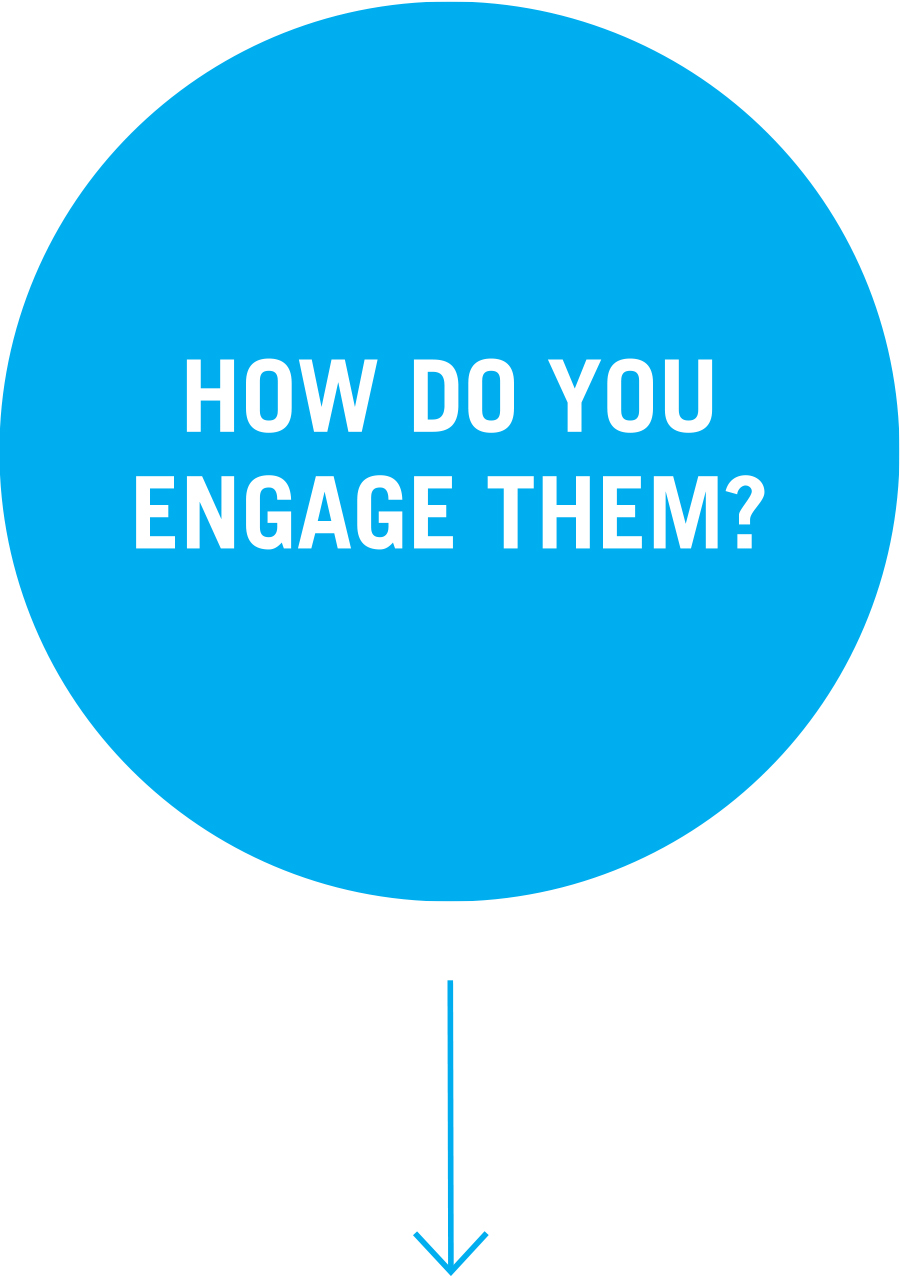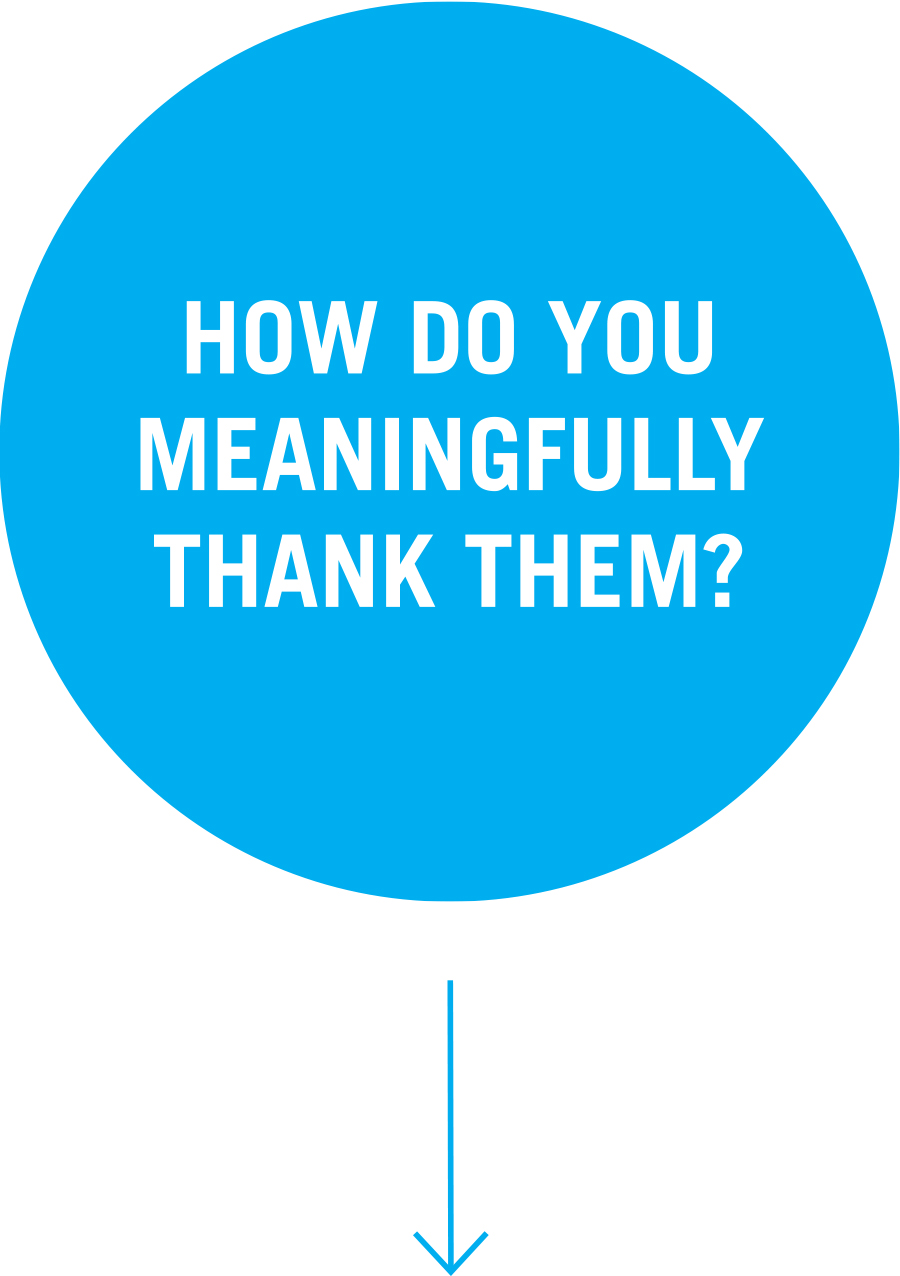
How to Motivate Volunteers

Illustration: Joel Kimmel
 Lynn Pierson knows volunteers. As assistant director of community service in the Office of Civic Engagement, she and her team annually manage hundreds of volunteers and their projects here and abroad. She matches volunteers with projects that stoke their enthusiasm, and matches organizations’ needs to the volunteers who can fulfill them. She’s responsible for keeping things on track so that even when chaos reigns, her volunteers are working toward their shared goal.
Lynn Pierson knows volunteers. As assistant director of community service in the Office of Civic Engagement, she and her team annually manage hundreds of volunteers and their projects here and abroad. She matches volunteers with projects that stoke their enthusiasm, and matches organizations’ needs to the volunteers who can fulfill them. She’s responsible for keeping things on track so that even when chaos reigns, her volunteers are working toward their shared goal.

Enthusiasm is great. Problem-solving skills are helpful because they lend themselves to tasks. Critical-thinking skills are important for reflecting after a project: Why is there hunger? Why is there homelessness?

Negativity about their work or the project turns them off. If there’s too much negativity, the volunteer thinks, “Then why am I here?” If you can’t give them that end goal, they won’t find meaning in volunteering.

Ask why a volunteer is interested in the project. They might say the cause affected their grandmother, so use that connection. It’s also important to communicate with volunteers before they’re on site so they think about what they’d like to do. Someone might only like manual labor, so it’s good to say, “I have five tasks. Who wants to do what?”

Material items are great, but students really want recognition, so we acknowledge their work on Facebook or elsewhere. It’s also important to give them a full understanding of their contribution so volunteering isn’t just pulling potatoes for two hours. I might say, “This is how your effort is filling in the big picture.”

Just communicate — it’s better than volunteers wondering what’s happening. Thank them for their patience, acknowledge the problem, rethink your plan and remind volunteers of their end goal. That’s why you’re there: to make things go in a positive, forward motion.